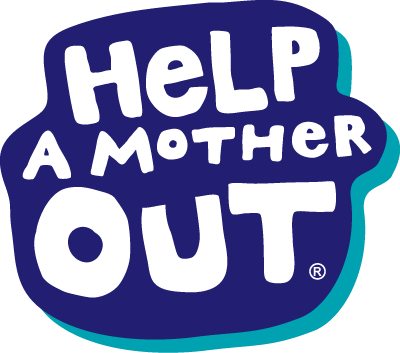This post originally appeared at TalkPoverty.org and is reposted with permission.
Ask a county social worker, a food bank director, or any organization that assists families in low-income communities, and you will likely learn that they all experience a similar predicament each month. They do not have enough diapers. Diapers are the most requested basic need item, and organizations always run out.
Unmet diaper needs impact families’ ability to work and the public health of the communities where they live. Because diapers are required by most child care facilities, lack of diapers can reduce access to work and poor diapering can facilitate the spread of disease in public spaces.
According to The Diaper Bank, an adequate supply of diapers cost $100 or more per month. Making things worse, safety net programs such as TANF, SNAP and WIC do not allot money for diapers. Benefits themselves are already low. In California, the maximum TANF benefit—which provides cash assistance—is no more than 40% of the federal poverty level (around $670 per month for a family of three). According to the Center on Budget and Policy Priorities, there isn’t a state in the country with a TANF benefit higher than ½ of the federal poverty line. To get by, families report diapering less. Some even report that their infants or toddlers have spent a day or longer in one diaper, which not only leads to potential health risks for the baby, but also puts them at risk for social, emotional and behavioral problems, according to aPediatrics study.
Here in California, there are eleven diaper banks that are part of the National Diaper Bank network. Meeting the unmet diaper needs of very young children with donated diapers is their business, and they too report shortages on a regular basis and admit to covering only a small percentage of the state.
This is what I learned when I started advocating in support of a bill introduced in California this year by Assembly Member Lorena Gonzalez and Senator Holly Mitchellto address the growing unmet need among poor families with infants and toddlers. The idea that we need legislation to address unmet diaper needs usually gets a chuckle out of most people at first. However, the grim reality is that a lack of an adequate supply of diapers can have severe mental, emotional, and developmental impacts on parents and children. In response, Assembly Bill 1516 would provide an $80 per month diaper supplement to eligible children receiving public assistance and would create a public-private partnership fund to help facilitate the distribution of financial donations and diaper contributions to the neediest of families.
My work on the bill is through the Women’s Policy Institute (WPI) at the Women’s Foundation of California. The WPI trains women about how the legislative process works and how to advocate for legislative change. Since I am a single mom who knows how costly it can be to keep an infant adequately diapered and how difficult it can be to try to figure it out on your own, I am motivated to make the most of this opportunity. Still, I am most inspired by the personal stories and the sense of how real policy decisions can impact real people’s lives.
A mother I know who has three little girls is one of these real people whose story has inspired me. She was working several jobs, but was still living under the poverty line and receiving just over $100 a month in TANF assistance, when extra hours at work and $20 more in her paycheck made her ineligible for the TANF program.
She lacked job security at her hourly jobs, and the loss of the income from TANF left her family on unstable footing. As a result, she struggled to meet her children’s basic needs. She told me about how she forced her children to potty train way before they were ready to save money and about her feelings of being overwhelmed with stress during this period in her family’s life.
Throughout the legislative session, the team of advocates working on this bill has heard other powerful testimonies about the consequences for children when parents are unable to make it through the end of each month without reusing lightly soiled diapers or prolonging periods between diaper changes.
I don’t know if Assembly Bill 1516 will pass and, if it gets passed, if it would get signed. But I hope that its introduction has helped to educate lawmakers in our state’s Capitol about the great risks associated with deep poverty and unmet diaper needs and to inspire them to do something about it. I also know that bills like this one, which tackle the real needs of real people and real policy solutions, are desperately needed from Sacramento to Albany and in every state capitol in between. Until we confront the human and fiscal costs associated with allowing children to live in deep poverty and the deep inequities that start at birth, our poorest children will be hampered by unequal footing before they even learn to walk.
Alysia Cox is a single mother (of a five-year-old) and dedicated advocate for low-income families. She currently serves as a Community Development Commissioner for the city of Richmond, California. She holds a Bachelor of Arts in Communication from The University of California, Davis. She is also a 2013-14 Women’s Policy Institute Fellow through the Women’s Foundation of California.

